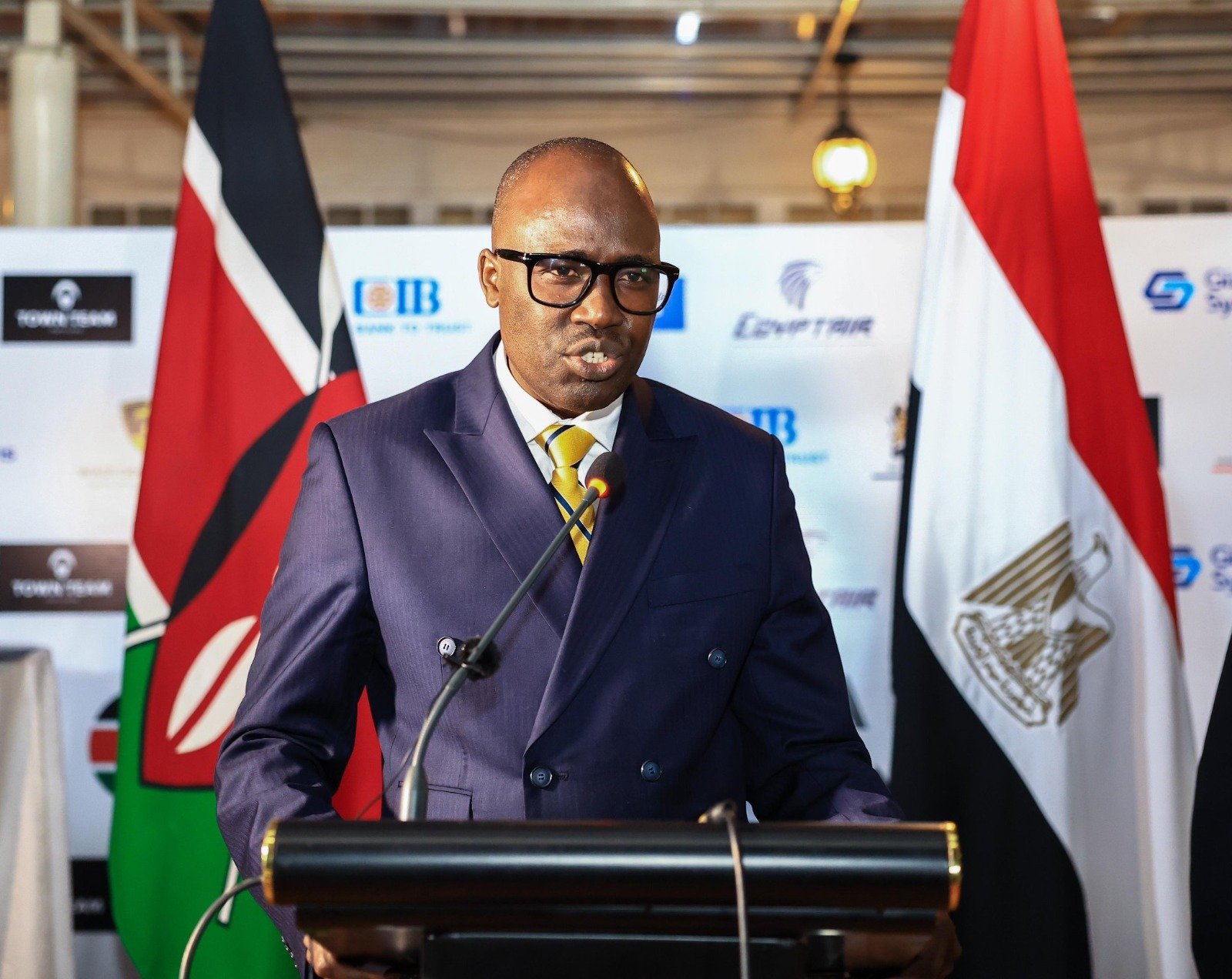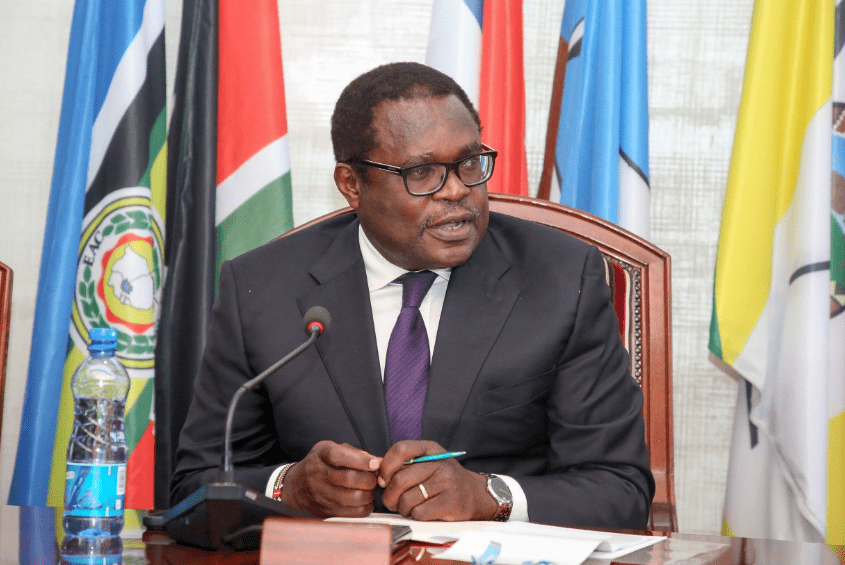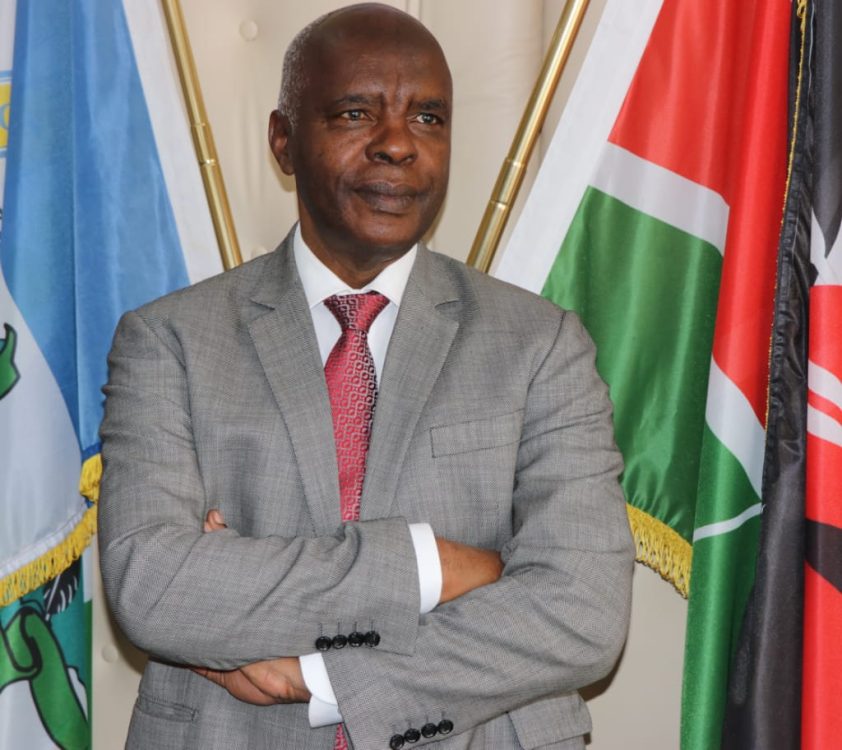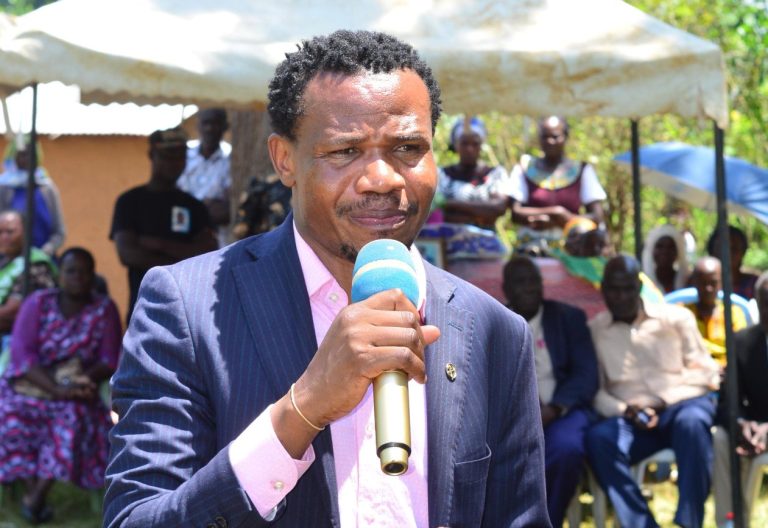EU seal green hydrogen pact with Kenya
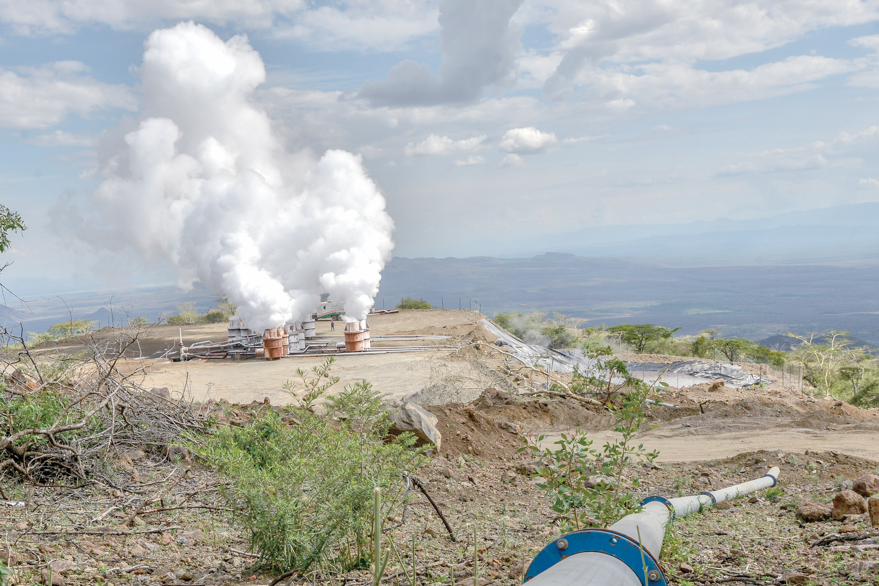
The three-day Africa Climate Summit has borne the first fruits after the European Union signed a green hydrogen strategy deal with Kenya.
President William Ruto said that the deal will drive and accelerate green manufacturing while creating jobs and attracting large private investment.
Additionally, Kenya is set to benefit from multibillion-dollar investments that various stakeholders have pledged to Africa and arising from Nairobi’s climate summit. “Various stakeholders, including governments, the private sector, multilateral banks and philanthropists have made substantial commitments totalling a remarkable $23 billion for green growth, mitigation and adaptation efforts across Africa,” the President said as the Summit came to a close.
The renewable energy sector got the lion’s share of the support as European nations and multinational companies including; Masdar, PowerGen, Leapfrog, Cross Boundary and Husk Power were onboarded. United Arab Emirates (UAE) committed $4.5 billion to boost the sector.
Nairobi declaration
“There has been a notable increase in adaptation financing, reflecting a deep commitment to Africa’s sustainable future and energy systems, aligning with the ambitious Nairobi Declaration,” Ruto added.
At the launch event, Ruto outlined Kenya’s ambition to achieve 100 per cent renewable power by 2030 and to fuel the green industries of the future by 2040. He said,
“Our ambition is not in question – it’s how we make this ambition a reality. This journey demands a united front. As leaders across Africa, our strategies must be woven together, tailored to find African solutions to African challenges.”
On Tuesday, Ruto criticized developed countries for discriminating against Africa while implementing the financing agenda for climate change where he revealed that close to 13 African countries are at a high risk of debt distress.
He pushed for a just financial structure where all nations are treated equally especially African nations which are currently languishing in high debts due to climate change.
A well-drafted and implemented climate action plan, Ruto noted, would serve as a robust engine for poverty reduction, employment and wealth creation leading to economic transformation across the continent.
The President noted that the cost of adaptation continues to rise along with the cost of living, while the cost of development capital for African economies remains prohibitive, as millions of the youth remain unemployed.
“Africa is already losing between 5-15 per cent of its Gross Domestic Product (GDP) growth every year to the adverse impacts of climate change. Climate change is relentlessly eating away our progress and, going by evidence based on scientific projections, its appetite to consume our GDP will grow in years to come,” Ruto said on the second day of the Summit.
Observing that Africa emits the least of the pollutant gases, Ruto said that it is now the right time for the continent to forge a new route that aligns economic inclusion and shared prosperity among the countries.
“Africa’s low rates of greenhouse gas emissions must not relegate the continent to the margins and footnotes of the global climate agenda; Africa must step forward as the cornerstone around which effective climate solutions are built,” Ruto stated.
The President exuded confidence that funding Africa to accelerate its potential to undertake economic transformation along a green trajectory is the most feasible, just and efficient way to attain a net-zero world by 2050.
“Africa’s capacity to limit its own emissions is the clearest pathway to enable the world to achieve its climate action targets,” said Ruto who doubles up as the chairman of the Head of State Committee on Climate Change.
Assets managed by CIC assets management grew from Sh104 billion in June 2022 to Sh138.5 billion in June 2023 representing a 33 per cent growth.
The performance of regional subsidiaries has continued to improve with a contribution of 10 per cent to the Insurance revenue of the Group during the period.
CIC Uganda insurance revenue grew by three per cent while CIC South Sudan grew by 47 per cent and CIC Malawi grew by three per cent.


